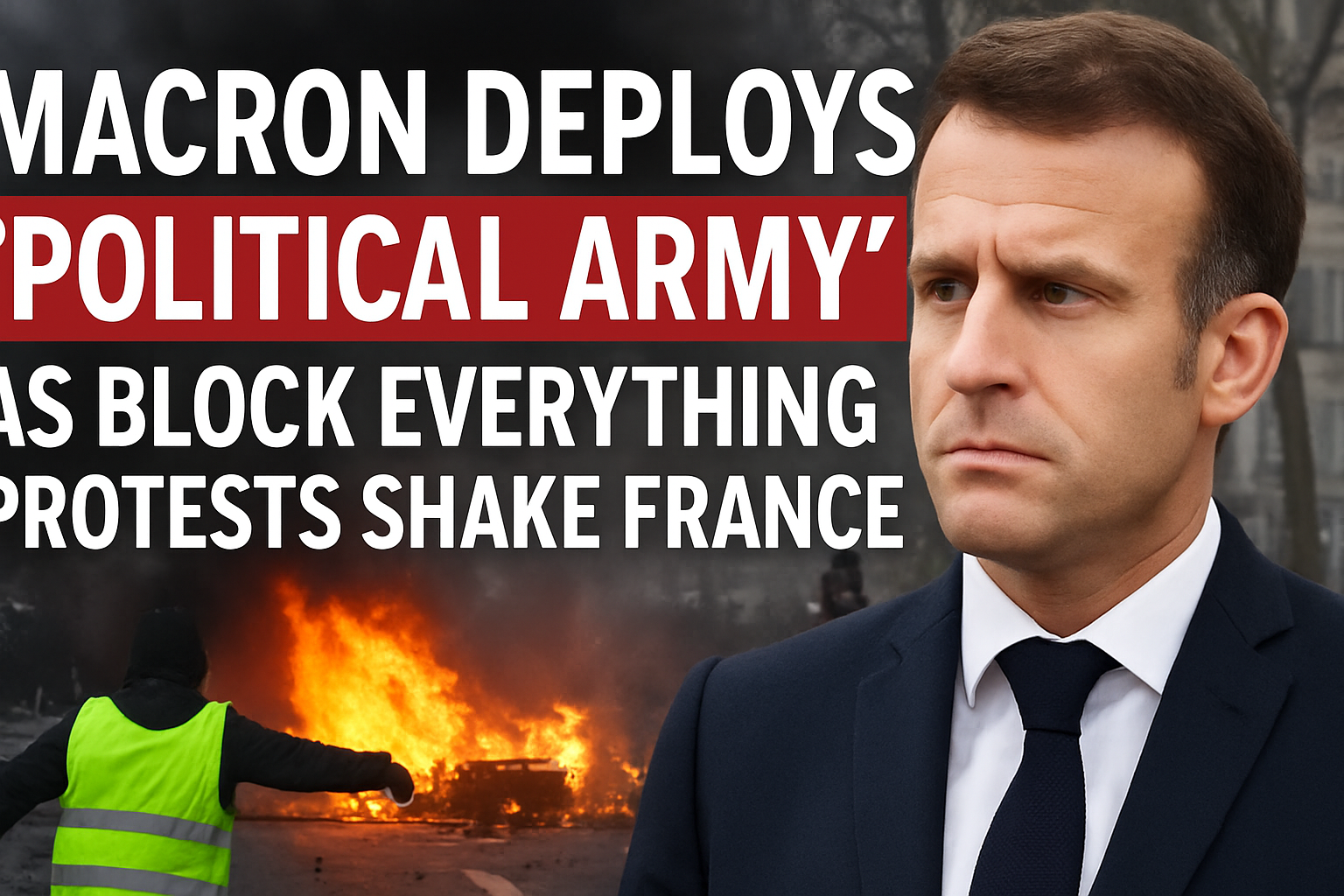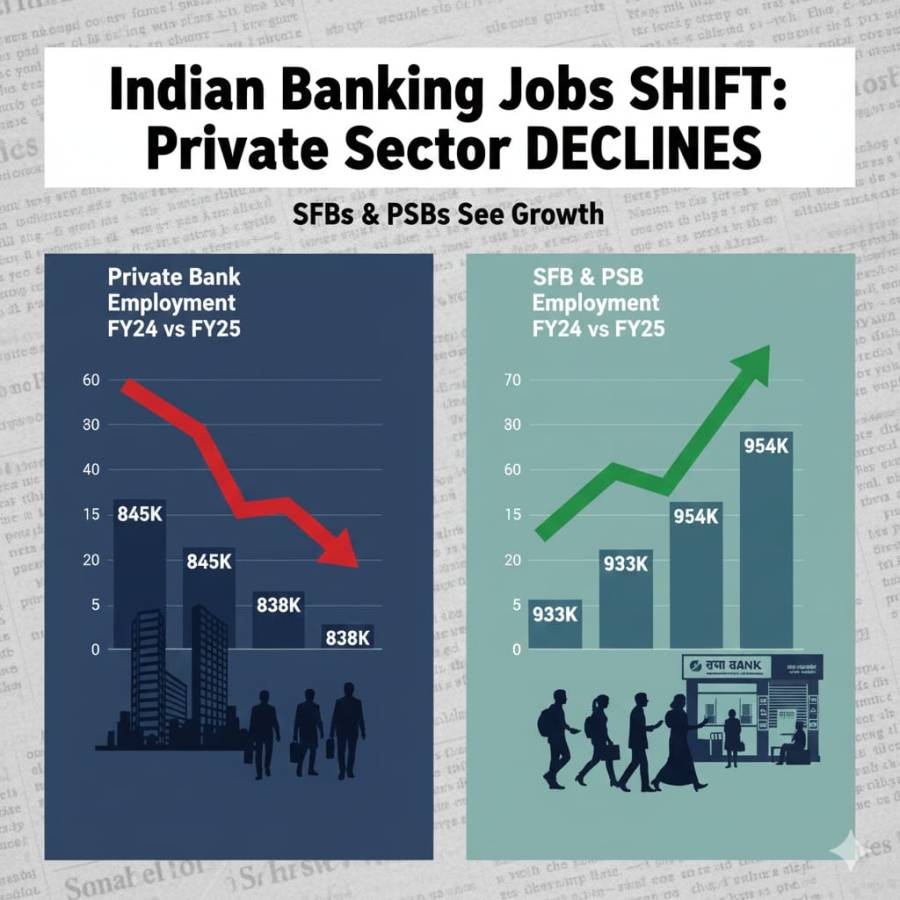
In a baptism of fire, France's new Prime Minister, Sebastian Lecornu, took office on Wednesday amidst a nationwide wave of anti-government protests dubbed "Block Everything," forcing the immediate deployment of a massive security apparatus that analysts are calling President Emmanuel Macron's loyalist "political army."
The protests, which saw highways barricaded, bonfires lit in city streets, and sporadic clashes with police, represent a broad coalition of anger against President Macron, the political elite, and deeply unpopular plans for severe austerity cuts. The unrest provided a stark backdrop to the handover of power from former PM Francois Bayrou to the 39-year-old Lecornu, whom Macron has tasked with steadying a ship rocked by parliamentary rebellion and public fury.
Authorities deployed over 80,000 security personnel across the country in a massive show of force designed to contain the "Bloquons Tout" (Let's Block Everything) movement. The operation, one of the largest for civil unrest in recent years, underscored the government's strategy of meeting discontent with firmness.
This strategic deployment is seen as the activation of Macron's "political army" – a loyalist force, both in the cabinet and in the security services, mobilized to push through a contentious agenda in the face of widespread opposition. Lecornu himself, a staunch Macronist, is the general of this new army, picked for his loyalty to execute the President's vision despite the political headwinds.
The protests erupted from a potent mix of grievances. "It’s the same shit, it’s Macron who’s the problem, not the ministers," said Fred, a CGT union official in Paris, capturing the sentiment that changing the prime minister does little to address fundamental discontent.
The immediate trigger is a proposed €4 billion ($52 billion) in government spending cuts, a move Lecornu's predecessor was ousted over. The government argues the cuts are non-negotiable to reduce a budget deficit that is nearly double the EU's 3% ceiling and manage a national debt equivalent to 114% of GDP.
From Nantes to Paris and Montpellier, the "Block Everything" movement played out. Protesters blocked highways with burning tires, while police responded with tear gas to disperse crowds. In Paris, nearly 200 people were detained as youths chanted anti-Macron slogans and carried placards reading “The rich elite’s Republic.” A bus was torched in Rennes, and a banner in Montpellier simply read: "Macron resign."
Sociologists note a key difference from the Yellow Vest protests that plagued Macron's first term. “In the ‘Yellow Vest’ movement, we had a rather vulnerable France that was struggling to make ends meet. Whereas here, in terms of age, it’s many young people,” said Antoine Bristelle of the Jean Jaures Foundation. He added that these protesters have “a certain vision of the world where there is more social justice, less inequality and a political system that functions differently.”
As Lecornu promised to find "more creative" ways to work with the opposition, his first day was defined by the very conflict he must resolve: a president determined on a course of austerity, and a young, mobilized populace determined to block it. The success of Macron's new political army will be measured not just in votes gathered in parliament, but in its ability to quell the fires burning on the streets of France.





















